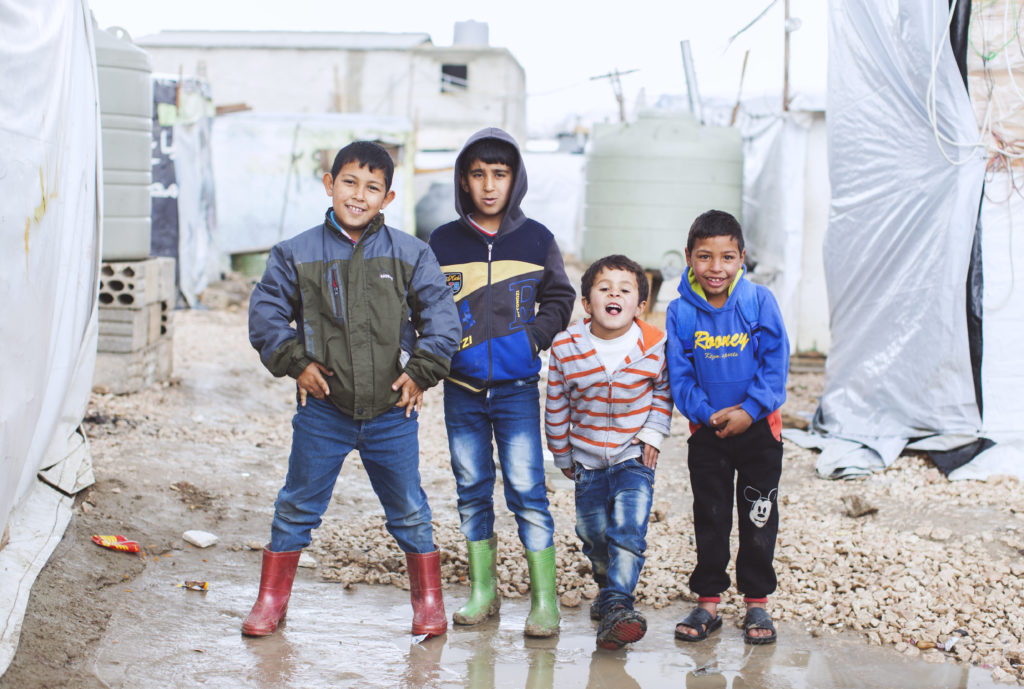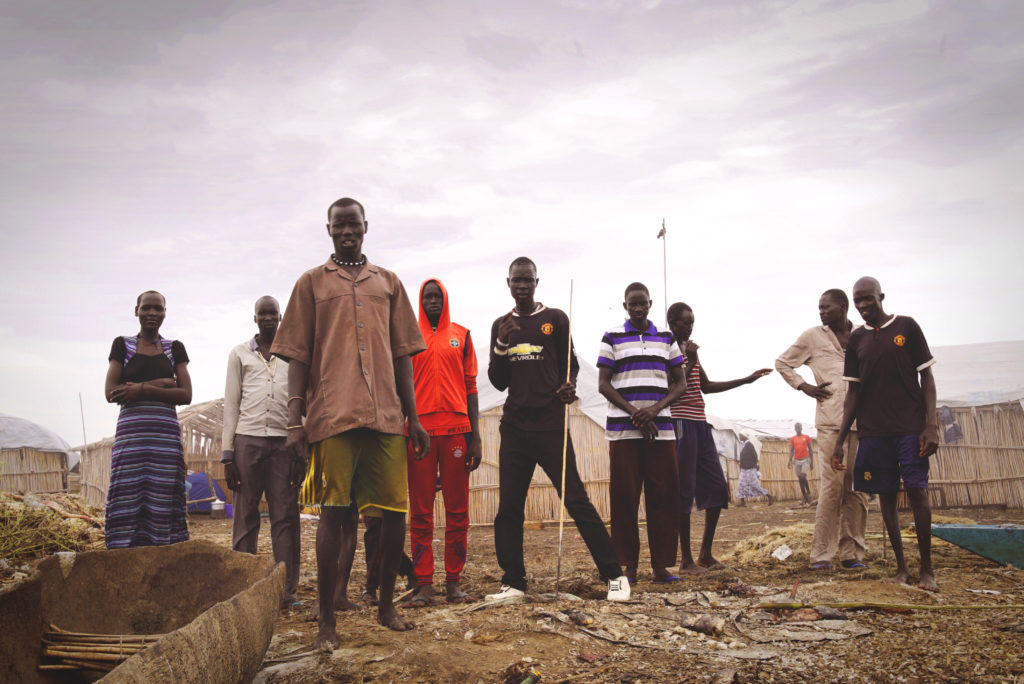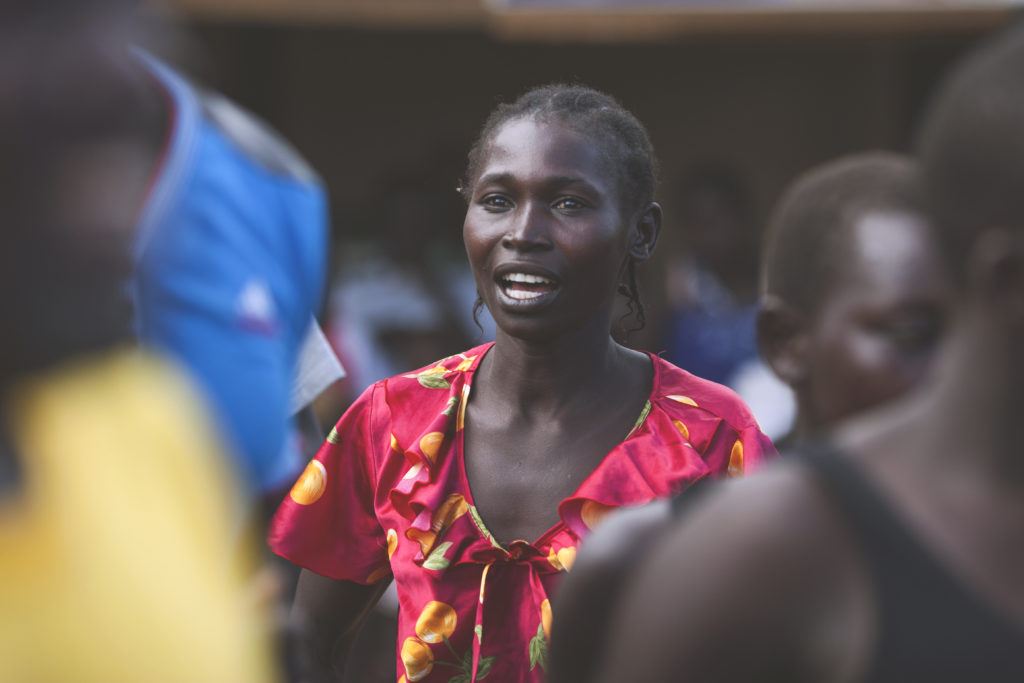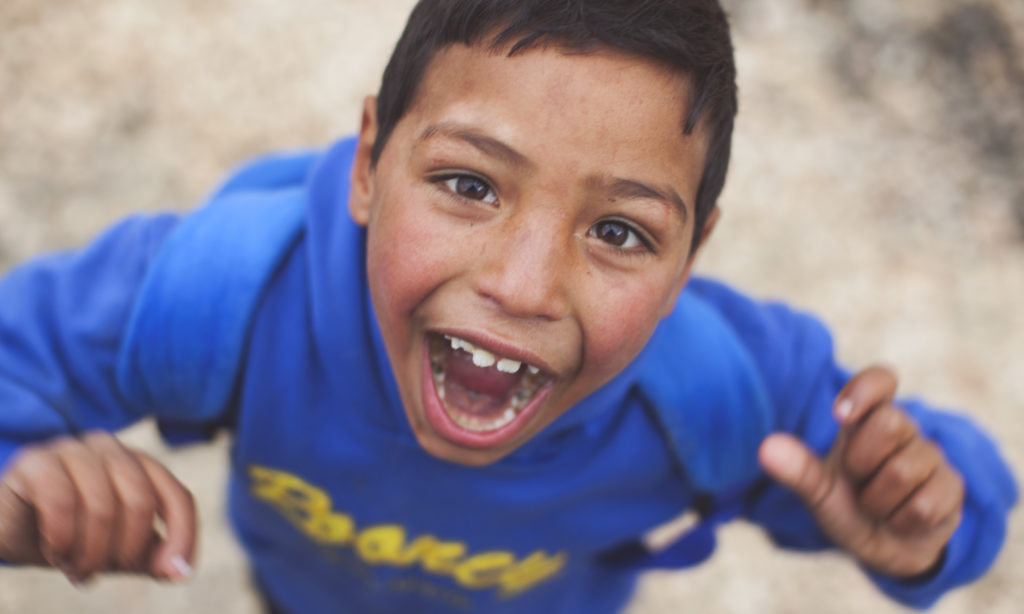They say that a picture is worth a thousand words. In that case a film must be worth 25,000 words per second. And if the pen is mightier than the sword, as a film maker, I must be wielding one mighty weapon!
Most of my film work is for international peace organisations, but as a story-teller, I didn’t like the narratives I was hearing about refugees in the media – based on fear and victimhood, stirring up political divisions.

I happened to be in Indonesia when the ‘refugee crisis’ took off in the press. The BBC World Service blared out of a tinny digital radio in the centre of the room – ‘more closed borders’. I looked up, crushed. My Indonesian friends looked back at me and smiled with a disruptive optimism.
In the conversation that followed they repeatedly mentioned ‘the Moravians’. It struck me as a little unusual that they should be so informed about a group of 18th Century European refugees, but then I began to join the dots.
Upon arriving in Saxony, the immigrant Moravians bickered almost unto bloodshed. The local landowner, Count Zinzendorf, was forced to relocate to live in among them. Somehow he managed to mediate such a powerful move of reconciliation, that the community were inspired to take the Christian message of sacrificial love and reconciliation far and wide. They were a key influence on the British Victorian social reformers and helped to lay the spiritual and moral foundations of many of today’s liberal democracies.

‘Perhaps there are modern stories of hope just like this out there today’ I thought to myself, and I headed to France, Lebanon, Germany and South Sudan to find out. My first stop was Europe’s biggest refugee camp in Calais, France.
The social currency for ‘Millennials’ in the UK is good looks and charm, and these guys had it in abundance! It was amazing to step into a place so open, warm and diverse so close to home. Yet my heart ached for the countries, from Eritrea to Afghanistan, which had lost these beautiful, intelligent, joyful people; and for these people who had lost their homes.
Lebanon, Germany, South Sudan – in every tent, concrete block shed or warehouse I was confronted by raw, honest humanity.

Whether living alongside 25 adolescent refugee boys, or attempting to work to some sort of schedule in South Sudan, my character was often tested and found wanting. But there was hope, strangely in the midst of it all. It was in the simple honesty of people – happy or hurting – being people.
Over eight months, five countries and 20-plus nationalities, I noticed one curious thing. Whenever conversations turned to politics, some of that humanity seemed to get lost. People suddenly got offended, talked in stereotypes, became divisive. Whenever people referred to others by their political label, their words created division.

‘How can I call these people “immigrants” anymore?’ I asked, as my friend swung a beaming, little Afghan child around by the arms. That image will stay with me for a long time. I wondered what would happen to our politics if we could all encounter the human being first, and the immigrant second.
So these are the stories I now want to tell – hopeful, human ones.